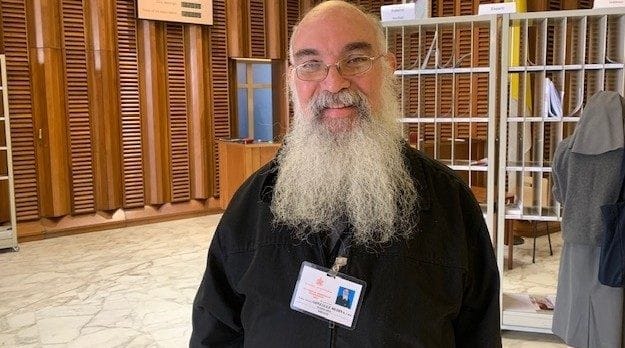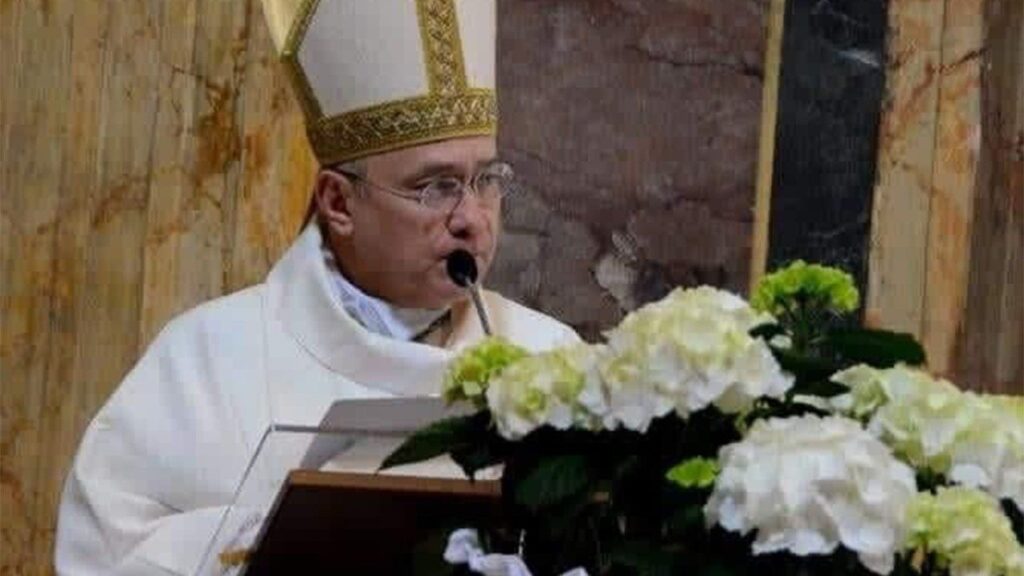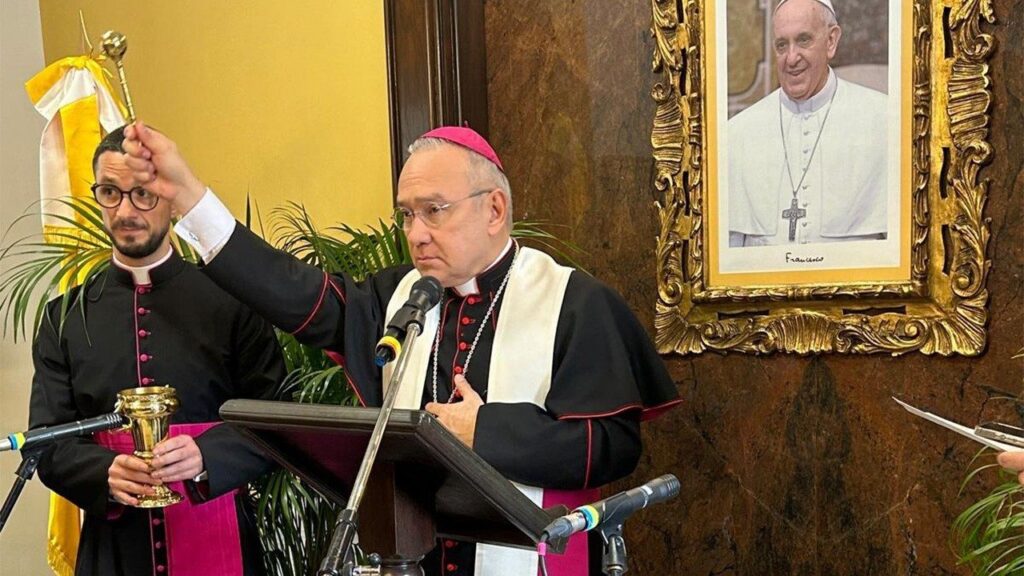Puerto Rico: Bishops Lament Electrical Collapse
And the Irresponsibility of the Political Power

The Bishops of the Episcopal Conference of Puerto Rico (CEP) published a “Message in Face of the Energy Crisis,” in which they lament the electrical collapse on the Island caused by the permanent economic crisis over the past 15 years, made worse by the pandemic, natural phenomena and the lack of a worthy public policy.
Political Irresponsibility
The absence of this essential service shows “disdain for Puerto Ricans, impoverishes our lives, our spirit, our freedom and the free exercise of our will,” and “impacts all negatively in security, in health, in education, in culture, in the free exercise of our religious beliefs, in the economy,” argued the Prelates.
The Bishops stressed that it “is the Government of Puerto Rico that has the obligation to offer all Puerto Ricans the level of minimal quality in the electric service, which enables us to have a full life,” and they openly repudiate the “abandonment of responsibilities that ends up creating a vacuum of service in the country, instead of fighting to give our people a better life.” Enough of “economic policies based on contributions and taxes that fall in the main on the middle class and the less fortunate, “
Proposals
The Puerto Rican Episcopate offers some alternative proposals for energy experts: “Release emergency funds assigned for the recovery of the electrical system”; carry out “emergency repairs and support of the system which can respond to the present crisis and avoid its growing worse,” evaluate “a moratorium on the conversion of generating plants using gas, given the ever-growing costs and the fact that it does not resolve the problems of dependence on fossil fuels.”
They also express the need to “foster and finance micro-network projects that are sustained in photovoltaic systems, particularly in the most vulnerable sectors,” as well as “avoid penalizing through the so-called ‘sun tax’ those that have had to assume to cost of guaranteeing themselves and their families the provision of the service.”
By way of conclusion, the Puerto Rican Prelates state that it cannot be expected that the “people will be resigned and accept an inefficient service and costs that are added to it.” To pretend to call that “resilience offends the real attitude our people have assumed, making use of their own capacity and communities to overcome the circumstances that have been generated,” and to expect that the citizens will “stay asleep in face of what represents injustice and social oppression, is to be ignorant of the change of attitude that is reflected in our society.”
Translation by Virginia M. Forrester
Related

Easter: Mystery of Freedom
Carlos J. Gallardo
20 April, 2025
5 min

Nativity of the Virgin Mary: Fulfillment of promises
Gonzalo Martín
08 September, 2024
3 min

“Let us pray to the Virgin to protect the Church, the Pope, this nation and the entire world”
Exaudi Staff
15 July, 2024
5 min

Spiritual closeness of Pope Francis on the occasion of the reopening of the Pontifical Representation in Honduras
Exaudi Staff
14 July, 2024
4 min
 (EN)
(EN)
 (ES)
(ES)
 (IT)
(IT)

